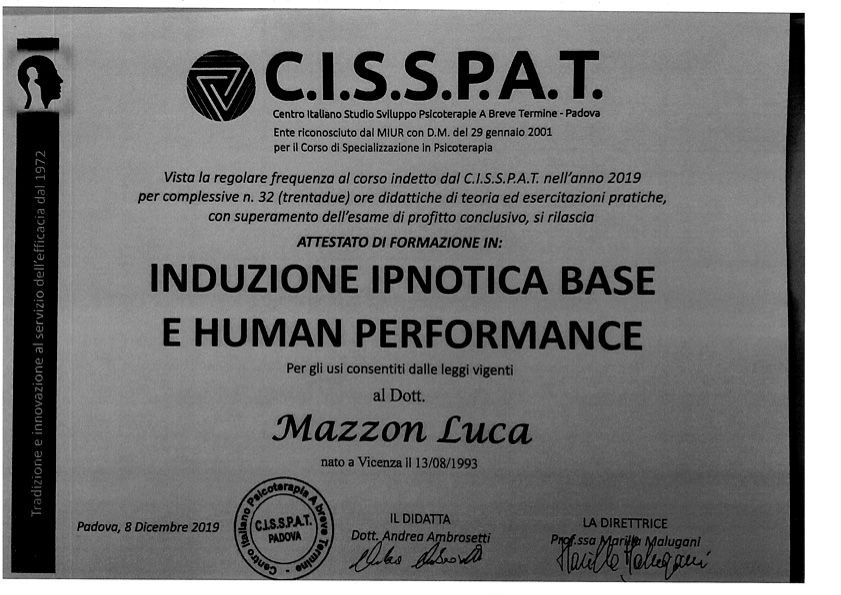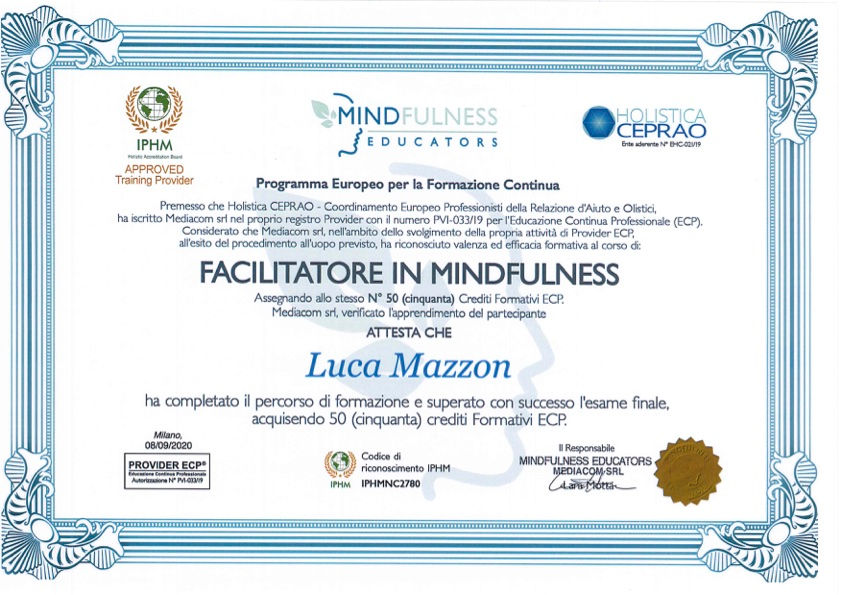

Constructivist Psychotherapy
The constructivist approach is based on the idea that reality is not objectively given but is actively constructed by each individual through their own experiences, perceptions, and interpretations. This means that our thoughts, emotions, and behaviors are shaped by the way we give meaning to events and relationships, creating unique and personal narratives.
BACKGROUND
Constructivist psychotherapy is rooted in the broader constructivist philosophy, which emerged in the mid-20th century as a reaction against traditional, deterministic views of human behavior. Its theoretical foundations were influenced by authors such as Jean Piaget, with his studies on cognitive development, and George Kelly, who formulated the Theory of Personal Constructs. According to this theory, people interpret reality through unique cognitive patterns, or “personal constructs,” which shape how they see themselves and the world around them. Constructivism also incorporates contributions from Lev Vygotsky and Jerome Bruner, who emphasized the role of culture and language in shaping meaning and self-concept.
How It Works
During sessions, the therapist and client collaborate to explore personal constructs and narratives that define how the person perceives themselves and the world. Using techniques such as cognitive restructuring, narrative exploration, and the use of metaphors, the client is guided to identify rigid or dysfunctional patterns and to co-construct new, more flexible meanings. This process allows the individual to develop greater psychological flexibility and to approach life situations with more adaptive and balanced strategies. The focus is not merely on alleviating symptoms but on understanding how personal interpretations contribute to either well-being or distress.
Constructivist psychotherapy & cognitive-behavioral therapy (CBT)
Constructivist psychotherapy shares common roots with cognitive-behavioral therapy (CBT) but differs in its more complex and personalized view of reality. While CBT focuses on distorted thoughts and maladaptive behaviors, constructivism views reality as a subjective construction, actively shaped by each individual through their own experiences and interpretations. The focus here is not merely on symptom reduction, but on restructuring personal meaning systems, promoting new perspectives and greater cognitive flexibility. Constructivist therapy is particularly valuable for those who wish to deeply explore their internal narratives and transform how they view themselves and the world, fostering profound and lasting change.
Scientific Evidence and Recommended Readings
Research shows that constructivist psychotherapy increases resilience and emotional regulation skills, promoting better management of relationships and stress. To learn more, consider reading:
-
"The Psychology of Personal Constructs" by George Kelly
-
"Complexity and Psychotherapy" by Vittorio Guidano
not for everyone
With my experience, I integrate this approach with mindfulness and coaching techniques to help clients build a more authentic sense of self, enabling them to successfully navigate emotional difficulties as well as performance-related challenges.

Get in Touch

certifications





















